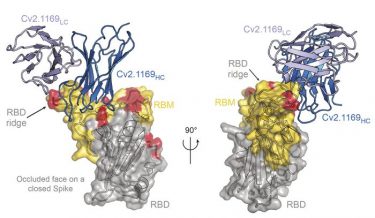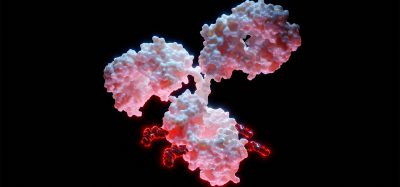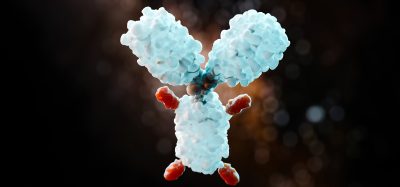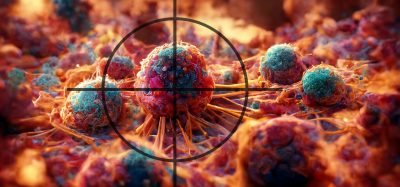Broadly neutralising antibodies could provide immunity against COVID-19 variants
Posted: 16 June 2022 | Ria Kakkad (Drug Target Review) | No comments yet
A new study has highlighted two broadly neutralising antibodies show great promise to provide long-acting immunity against COVID-19 in immunocompromised populations.


Researchers from the Institut Pasteur, Université Paris Cité, France, and the French National Institute of Health and Medical Research (INSERM) have found that two broadly neutralising antibodies show great promise to provide long-acting immunity against COVID-19 in immunocompromised populations. The antibodies were effective against all SARS-CoV-2 variants of concern tested and could be used alone or in an antibody cocktail to diminish the risk of infection. The study was recently published in Journal of Experimental Medicine (JEM).
The team examined 102 SARS-CoV-2 spike monoclonal antibodies cloned from the B cells of 10 COVID-19 convalescents. They found that the antibodies Cv2.1169 and Cv2.3194 were the only ones to neutralise all SARS-CoV-2 variants, including Omicron BA.1 and BA.2 subtypes. The two antibodies also were fully active against Alpha, Beta, Gamma, and Delta variants. A modified version of the Cv2.1169 antibody was also effective at treating SARS-CoV-2 infection in mice and hamsters.
“The broadly neutralising antibodies we described were more efficient in vitro than many anti–SARS-CoV-2 monoclonals previously approved by the FDA for treatment or prevention. Therefore, we are pretty confident that they represent premium candidates for pre-exposure prophylaxis in immunocompromised patients,” said Hugo Mouquet, a lead researcher on the study.
Previous research has shown that SARS-CoV-2 spike-specific monoclonal antibodies play a key role in providing in vivo protection and have been used in developing COVID-19 vaccines. However, immunocompromised individuals still lack effective immunity against SARS-CoV-2 infection.


A model of how the Cv2.1169 antibody binds to the SARS-CoV-2 spike protein that allows the virus to enter cells
[Credit: ©2022 Planchais et al.]
“A key point is that those monoclonals have been engineered for extending their half-lives and therefore have an expected prolonged effect in people but would still require regular injections, possibly every few months, to maintain protective antibody titers,” Mouquet said.
Notably, one of the two broadly neutralising antibodies, Cv2.1169, is a type of antibody known as immunoglobulin A (IgA) that is produced by B cells in the body’s mucosal tissues, such as the respiratory tract, and can be crucial in the early response to respiratory pathogens like SARS-CoV-2.
“One aspect of our work highlights the role of IgA antibodies for a broad SARS-CoV-2 neutralisation. When studying immune responses against pathogens affecting mucosal tissues, we thus consider that IgA-mediated antibody response should be systematically investigated, including in the quest of isolating broadly neutralising monoclonal antibodies,” Mouquet concluded.
Related topics
Antibodies, Antibody Discovery, public safety
Related conditions
Covid-19
Related organisations
French National Institute of Health and Medical Research (INSERM), Institut Pasteur, Université Paris Cité
Related people
Hugo Mouquet








